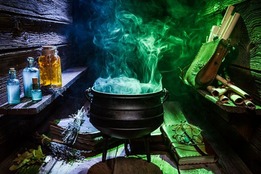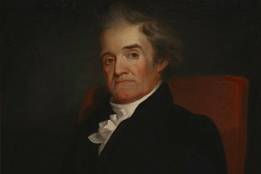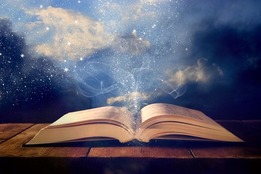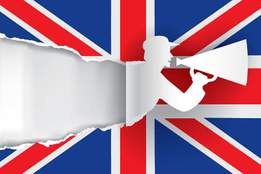1
a
: the use of means (such as charms or spells) believed to have supernatural power over natural forces
b
: magic rites or incantations
2
a
: an extraordinary power or influence seemingly from a supernatural source
Both pitchers, although they are older, haven't lost their magic.
b
: something that seems to cast a spell : enchantment
all the mystery, magic and romance which belong to royalty alone— J. E. P. Grigg
J. E. P. Grigg
 J. E. P. Grigg
J. E. P. Grigg3
: the art of producing illusions by sleight of hand
entertained with acts of jugglery and magic
1
: of or relating to magic
2
a
: having seemingly supernatural qualities or powers
b
: giving a feeling of enchantment
Love words? Need even more definitions?
Merriam-Webster unabridged

















Share